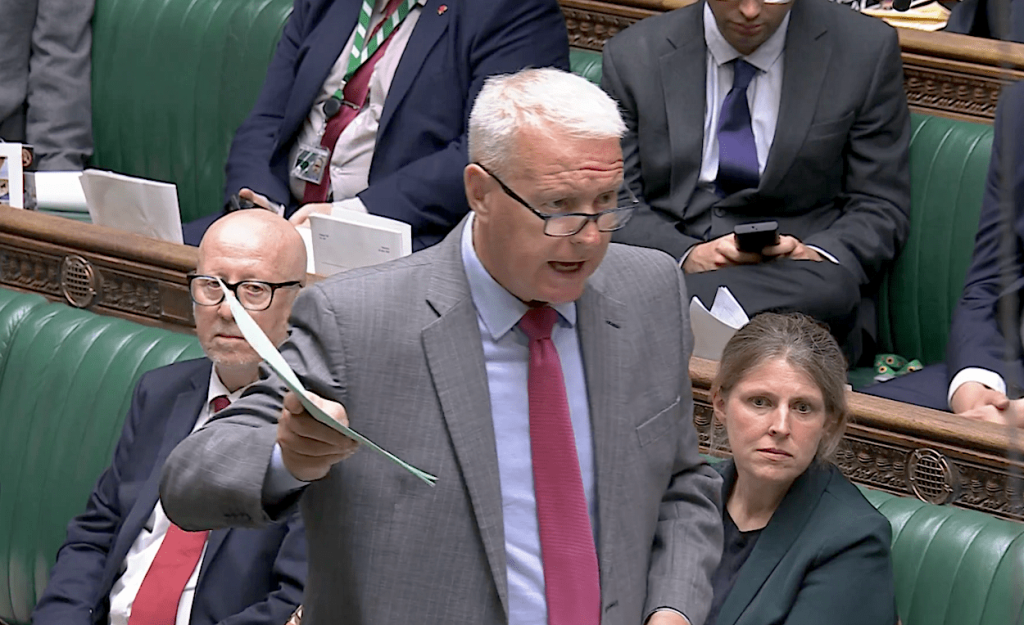‘We are all goalkeepers now,’ declares Robert McCrum, and who could seriously argue with that? Every day we try to defend our own goal against the hurtling ball of fate, but too often end up fishing it out of the back of the net. Then again, we are also all strikers, hopefully hoofing, occasionally taking a bit of a dive in the box. Or central defenders, muddied but valiant. Or nippy little wingers, making mazy but pointless runs down life’s touchline, whingeing at the referee. Come to think of it, we are all, in a very real sense, referees too.
There is no end to the football-as-metaphor game. For the football metaphorist, every pass and kick, tackle or foul represents some grand, universal truth about life and the wider world. McCrum is a metaphorist to his fingertips, and the penalty kick is a particularly rich source of material. For Freudians, we learn from his book, a penalty represents desire and penetration. For philosophers, it embodies alienation. For a literary chap like McCrum, the penalty-taker is actually a writer:
Every striker who steps up to take a spot-kick participates in the cliff-hanger of creativity – the mystery of storytelling – and will mimic the artistic blank canvas of a blank page, forever uncertain of the outcome until the moment of commitment.
McCrum and penalties – how did we get here? It turns out that there is a personal story to tell. Rule 14 in the FA’s rule-book, the concept that around the goal there should be a rectangular area within which any foul by an attacking player results in a penalty, was the brainchild in 1891 of Willie McCrum, Robert’s great-grandfather. This was such a momentous change in the game that, 130 or so years later, none other than Gary Lineker – mysteriously described here as ‘pixie-eyed’ – did a piece to camera from Willie’s grave in Northern Ireland. ‘Master Willie’, as he was known, was a goalkeeper for the local amateur side of Milford, a village outside Armagh where the family lived in style after Willie’s father Robert ‘RG’ McCrum had made millions with his successful linen business.
It is here that The Penalty Kick takes a surprising turn. The story surrounding its inventor (‘a character in search of himself, an amateur and an outsider in a divided world’) is an extraordinary family history – one of luck, love, disappointment and the tyranny of class and generational expectation. ‘The McCrums of Milford,’ writes RG’s great-great grandson, ‘were fish out of water, stranded between the two worlds of colonial Ireland and imperial Britain.’ RG was a fierce, driven man, haunted by the loss of his beloved wife at 29. Master Willie was brought up by staff and was a severe disappointment to his father. The family disjunction continued down the generations.
There’s the sense in The Penalty Kick of a longer, more anguished and unbuttoned family memoir trying to get out. In a telling aside, the author refers to RG’s ‘failings as a parent, a family trait’. I wanted to hear more about the ups and down of this strange family, pillars of the Northern Irish establishment and outsiders, the fishes out of water whose line led to a headmaster of Eton. Too soon, though, the door slams shut and we’re back to the football metaphors and a brief history of penalty shoot-outs, which includes – oh no, not again – a chapter on the heroic but over-familiar story of Gareth Southgate.
McCrum writes about football with a quiet, urbane wit. The trouble is that urbanity tends to fit uneasily with the ferocious, joyous, partisan mess of the game. Now and then in The Penalty Kick there’s a whiff of hauteur, a hint that its distinguished author may be feeling that he is slumming it in the terraces. ‘So far as we know,’ he writes languidly, ‘the likes of Gascoigne, Pearce et al were not familiar with the works of Samuel Beckett. Nevertheless their record was a textbook case of “Fail again. Fail better”.’
There have been several books written about the history of the penalty. It seems likely that Daisy Christodoulou, educationalist and West Ham fan, will not be the last person to study and analyse another more recent change to the way football is played, the Virtual Assistant Referee or VAR. Her book, I Can’t Stop Thinking About VAR, is a well researched and carefully argued account of why technological surveillance, recently introduced to senior levels of football and designed to eliminate errors by referees and linesmen, has ended up causing not less but more rage and controversy.
Christodoulou has a bright, analytical mind, and by halfway though her book I pretty much understood why VAR is hopeless for handball decisions (more technology requires more specificity, leading to ridiculous laws) or offside rulings (the one-toe-and-you’re-offside law is not only enraging but also unreliable, thanks to photographic frames’ margin of error). But by the time the book reached ‘comparative judgment algorithms’ and the Foul Probability Index, I was begging to be substituted.
I Can’t Stop Thinking About VAR is aptly titled. It has an obsessive, impassioned quality which carries you along to its slightly underwhelming conclusion, but reading it occasionally feels like listening to a heated, esoteric argument at the bar of a statisticians’ conference. As fans like to chant while waiting impatiently for a VAR decision: ‘It’s not football any more.’







Comments